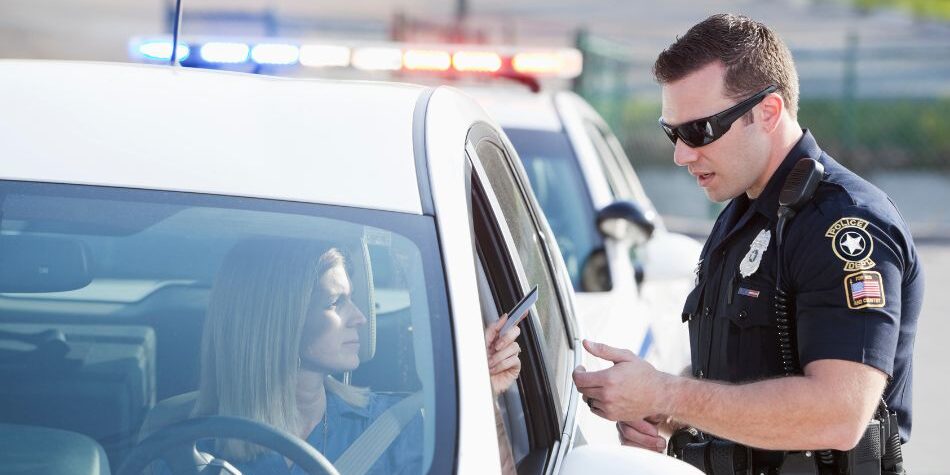In the state of Massachusetts, individuals are required to cooperate with law enforcement officers in certain situations, including identifying themselves when lawfully asked by a police officer. Failure to comply with this requirement may result in legal consequences. This article aims to shed light on the laws surrounding the failure to identify to a police officer, outlining the circumstances in which identification is mandatory, as well as situations where it is not required.
Identification Requirements in Massachusetts: Under Massachusetts law, there are specific instances when individuals must identify themselves to a police officer. These include:
- Reasonable Suspicion of Criminal Activity: If a police officer has reasonable suspicion to believe that an individual is involved in criminal activity, they can demand identification. This may include situations where an individual matches the description of a suspect or is present at the scene of a crime.
- Motor Vehicle Stops: When a person is operating or a passenger in a motor vehicle that has been lawfully stopped by the police, they are required to provide identification. This requirement is aimed at ensuring public safety on the roads.
Exceptions to Identification Requirements: While there are circumstances when identification is mandatory, Massachusetts law also recognizes situations where individuals are not required to identify themselves. These include:
- General Encounters: In a general encounter with a police officer, where no reasonable suspicion of criminal activity exists, an individual is not legally obligated to provide identification. However, it is important to note that refusing to provide identification or engaging in obstructive behavior may raise suspicions and potentially escalate the situation.
- Exercise of Constitutional Rights: If an individual is exercising their constitutional rights, such as the right to remain silent or the right to consult an attorney, they are not required to identify themselves. These rights protect individuals during interactions with law enforcement and ensure fair treatment under the law.
Penalties for Failure to Identify: Failure to identify to a police officer, when required by law, can result in legal consequences. In Massachusetts, the penalties for this offense vary depending on the circumstances. Generally, it is considered a misdemeanor offense, punishable by:
- Fines: A conviction for failure to identify may lead to fines imposed by the court. The amount of the fine can vary based on the specific circumstances of the case and the judge’s discretion.
- Potential Detention: In some instances, failure to identify can result in temporary detention until an individual’s identity is confirmed. This can occur if there is a reasonable suspicion of criminal activity or during motor vehicle stops.
Experienced Criminal Defense Attorney
It is important to know your legal rights. if you have been charged with failure to identify yourself to a police officer call me to arrange for a consult at (508) 752-2727.
While identification is required in specific situations such as reasonable suspicion of criminal activity and motor vehicle stops, there are exceptions to this requirement. I can advise you about how to deal with your specific circumstances.


